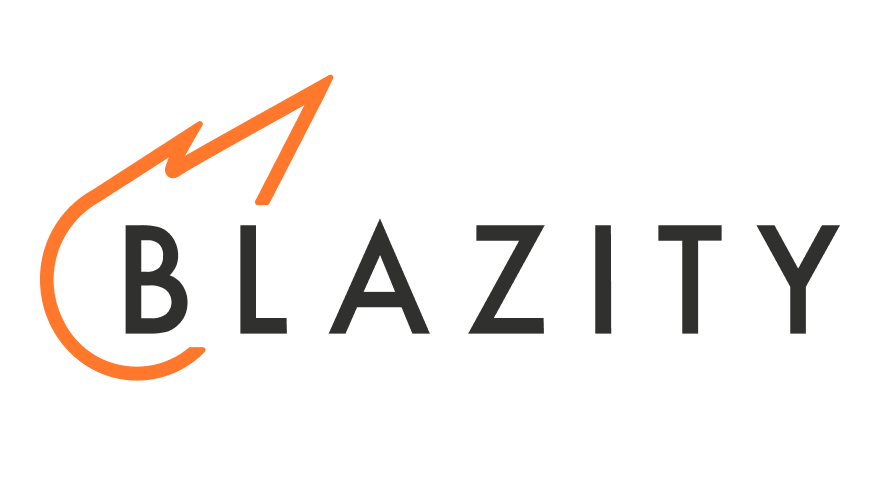Blazity, a software consulting company specialising in Next.js development, is set to participate in an expert panel discussion on the frontend architecture challenges encountered by Generative-AI companies at the upcoming Next.js Conf: London Watch Party.
Organised by Vercel, Next.js Conf stands as a flagship event within the Next.js community, uniting developers and business leaders dedicated to advancing the entire ecosystem.
Blazity’s founding partner, Jakub Czapski, will contribute to an expert panel that places a spotlight on the pivotal role of frontend technologies, notably Next.js, in shaping the user experience for Generative AI enterprises.
Together with experts from WPP, Jakub will delve into the distinctive challenges confronted by AI firms and the indispensable role played by Next.js and headless architecture in addressing these issues.
With the swift proliferation of AI-powered solutions, AI companies are frequently confronted with burgeoning user bases and escalating data workloads. The headless software architecture advocated by Blazity severs the connection between the frontend presentation layer and the backend logic and data layer. This disconnection facilitates horizontal scalability, empowering startups to effectively manage surges in traffic and data volumes.
Headless architecture empowers AI startups to experiment, iterate, and make adjustments to the frontend independently of the underlying AI algorithms or backend infrastructure. This flexibility enables a swifter time-to-market and the capacity to swiftly adapt to evolving business requirements.
“Integrating backend AI models with the frontend and performance optimisation are just some of the challenges highlighted by our clients. We believe that with its server-side rendering, speed, scalability, and flexibility, Next.js is truly the best frontend framework for Generative-AI companies.” remarks Jakub Czapski, Blazity’s founding partner.
“As the AI landscape is growing and changing rapidly – time to market is key. Headless architecture enables horizontal scalability, allowing companies to handle high traffic and data volumes more efficiently. They can scale the frontend independently from the backend, ensuring optimal performance and responsiveness even during peak usage periods.” Jakub adds.
During the panel discussion, participants will also address other challenges encountered by the broader AI ecosystem, including bridging the skills gap and identifying talent that comprehends the unique intricacies of frontend development in AI applications.
The panel promises to serve as an invaluable resource for developers and organisations striving to harness the full potential of Next.js and headless architecture. Blazity’s active participation in this discourse underscores the company’s unwavering commitment to remaining at the forefront of technological advancements in web development.

